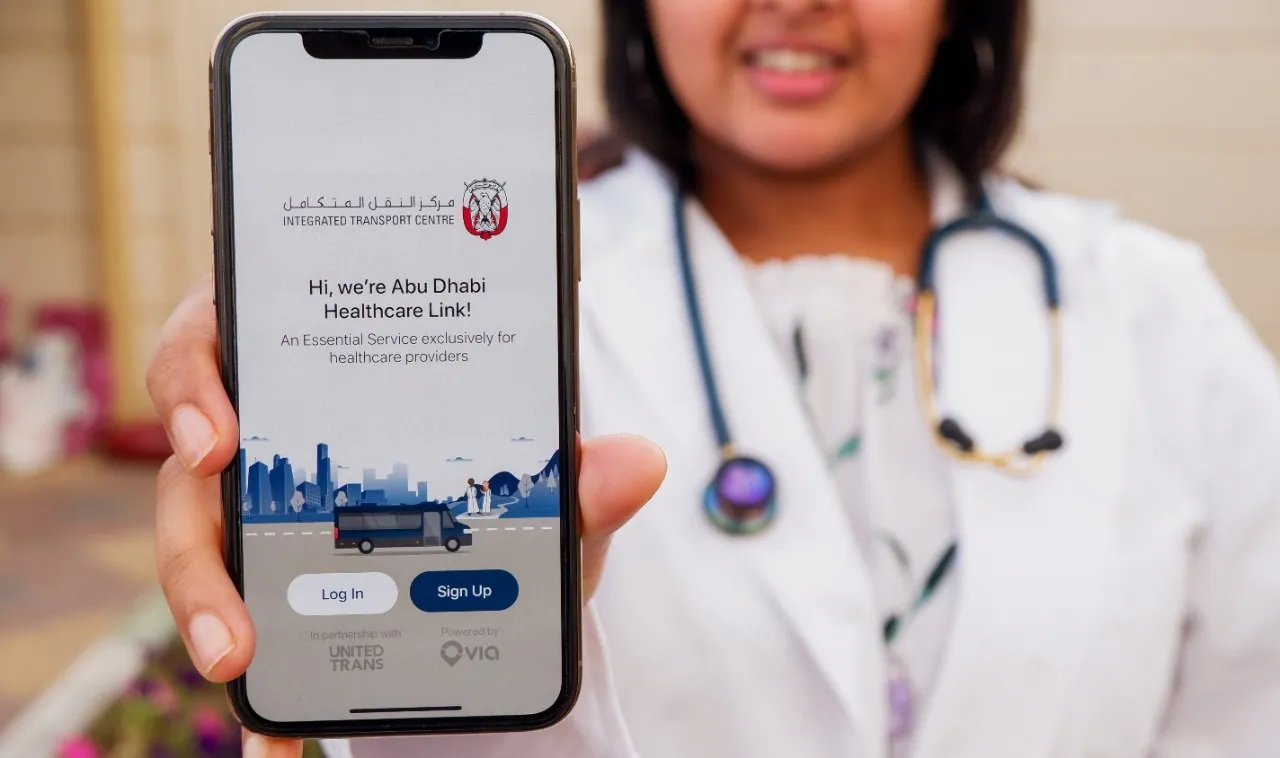
A partnership with transport operator United Trans and the Integrated Transport Centre (ITC) of the Department of Municipalities and Transport (DMT), Abu Dhabi Healthcare Link is free.
Employees enter a code provided by their hospital in the mobile app, and can book a ride in a 14-seat Mercedes-Benz Sprinter to and from their home and workplace from 6pm-8am – when fixed-route public transport has been scaled back to limit the spread of the disease.
A maximum of six people will be carried per trip, allowing “adequate space for social distancing”, Via says.
The company says its technology picks up multiple passengers “in a seamless flow, allowing for quick and efficient shared trips without lengthy detours”.
“Getting critical staff to work reliably and safely has never been more important,” says Daniel
Ramot, CEO of Via.
“Digitally-enabled transport services like the Abu Dhabi Healthcare Link can play a key role in allowing public transport to adapt to demand amidst rapidly changing situations.”
The ITC plans to study ridership and will perhaps expand the new on-demand service to 24 hours a day if demand is there.
Via recently launched a similar scheme in Berlin.









